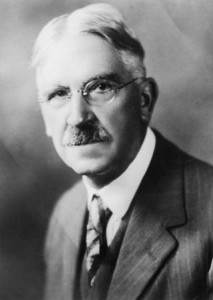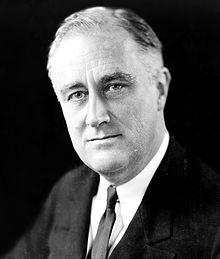 To Charles Augustus Strong
To Charles Augustus Strong
22 Beaumont St.
Oxford, England. October 21, 1917
A copy of Drake’s paper reached me yesterday morning. I presume you have received one two, otherwise I can send you this one. It is poor stuff, both in form and in substance, and if our book is to open with it, it will be stamped from the first page with indecision and mediocrity. He says nothing that you have not said infinitely better, and introduces the “ideas” of British psychology—a swarm of conscious will-o-the-wisps, of which it is impossible to say whether they are known by anything else, or know themselves, or know other things, or simply abolish all knowledge. He misunderstands what you mean by the psyche and a psychic state: but in this I don’t think you are wholly blameless, because you used to believe that psychic states were conscious (I suppose of their own “content”) and in keeping the name, which in modern psychology rather suggests the conscious as distinct from the substantial, you obscure the fact that the psyche is now, in your doctrine, an organic substance, and the psychic state not a datum, as Drake supposes. Doubtless you have already set them right on these points, but it must be annoying to see such inertia in minds that are well-disposed, and on some subjects so sensible. Drake on religion was capital and in psychology his spirit is still good, although his wit is dull. I am venting my irritation upon you, but to Drake himself I have written with all the courtesy and moderation that I could muster. As I hardly share your hopes of converting the whole sect, it really doesn’t matter to me what they say: but of course the worse it is the less inclined I should be to make concessions to their vocabulary; on the contrary, it would become more urgent to stand altogether on one’s own ground and let it be obvious that our association is merely circumstantial, as if we were contributing a the same review.
From The Letters of George Santayana: Book Two, 1910-1920. Cambridge, MA: The MIT Press, 2001.
Location of manuscript: Rockefeller Archive Center, Sleepy Hollow NY




